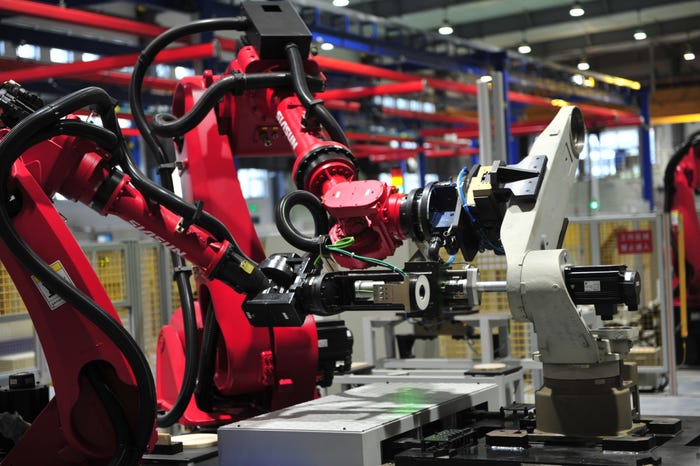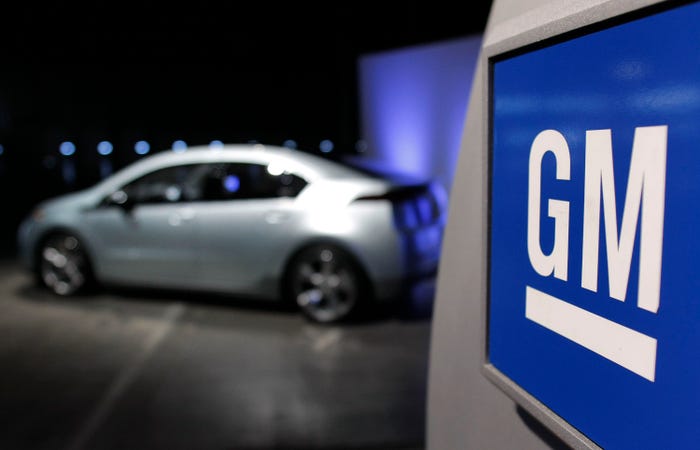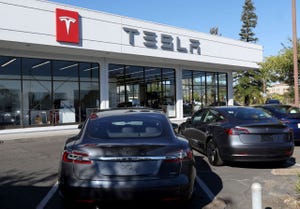Sky’s The Limit For Enterprise Voice Assistants After Microsoft’s Nuance AcquisitionSky’s The Limit For Enterprise Voice Assistants After Microsoft’s Nuance Acquisition
Microsoft is solidifying the voice component of its Azure health care offering just as voice assistants are set to impact more industry verticals.

Voice assistants are on the cusp of a new phase of enterprise empowerment.
Voice is already pervasive in consumer electronics, thanks to advanced natural language processing techniques, but bandwidth concerns have stalled enterprise adoption. Audio files are far larger than text, and that makes the exercise too data hungry for many enterprises.
Still, some half of enterprise decision makers have voice-activated technology earmarked in their operational strategy, according to Speechmatics’ 2020 trends and predictions report. That figure is expected to increase to 70% within five years, as new products circumvent barriers to entry for enterprise voice-activated software.
Other than bandwidth, barriers include word accuracy – which varies from language to language – and reducing the complexity of voice deployment for cloud-based and on-premises networks.
Microsoft’s forthcoming acquisition of voice pioneer Nuance for $19.6 billion is further evidence that voice agents for the enterprise will become more powerful. The deal was cleared by U.S. antitrust authorities on June 8.
Microsoft’s initial aim will involve enhancing its Cloud for Healthcare platform with Nuance’s conversational AI and cloud-based ambient clinical intelligence. Cloud for Healthcare supports software functionality in areas such as virtual health, continuous patient monitoring and care coordination.
Meanwhile, Nuance’s offering already includes clinical speech recognition products built using Microsoft’s Azure development ecosystem.
Longer term, Microsoft will likely strive to demonstrate value in industry verticals beyond just health care.
The big question is whether it can work out how to transfer the core of Nuance’s health care innovations into other settings.
Speechmatics expects the future of voice to transcend simple assistants to include everything from transcription on-the-fly to robot secretaries capable of ongoing human interactions.
But while some sectors have been well ahead of the curve – media broadcasters use voice to record court coverage for example – other industries have been comparatively slow.
If the Speechmatics survey indicates anything, the biggest prize won’t be in health care but in the customer experience sector, where voice metrics could massively enhance the consumer’s end-to-end journey.
Around 36% of respondents to Speechmatics’ survey cited customer experience as most likely to be impacted by voice, followed by home automation (34%), contact centers (30%) and automatic captioning (27%).
Nuance is probably best known for the voice technology behind Apple’s voice assistant Siri, but it possesses further strengths in its suite of industrial-grade natural language processing models.
Microsoft’s acquisition of the business isn’t a complete surprise.
Nuance has worked closely with the corporate for the past two years, aiming to deliver clinical intelligence for medical examinations.
“Coming out of the pandemic, we are experiencing digital transformation at a scale never seen before,” said Satya Nadella, Microsoft CEO in a joint investment call detailing the acquisition. “Entire industries are being reimagined in mere months. This is driving lasting structural change and accelerating digital transformation driven by industry-specific cloud solutions.”
“Beyond the health care sector, for large organizations, we see powering intelligent innovation with voice, digital and biometric solutions as a way to create superior customer experiences while reducing costs for the end product,” said Mark Benjamin, CEO of Nuance on the same call.
The combined strength of the two companies has the potential to significantly impact the market.
“It’s clear that this technology can be applied beyond health care, and Microsoft can do that,” said Scott Guthrie, executive vice president of cloud and AI at Microsoft. “We can bring this understanding of conversations to other industries that rely on that same modality.
“Think about conversations you could have with your financial adviser where ambient AI could document the plan and suggest next steps to your financial adviser. Nearly any professional service could benefit from real-time engagement converted into material intelligence that drives action.
“Beyond health care, Nuance and Microsoft can take their combined expertise to all industries.”
Burlington, MA-based Nuance is a long-running pioneer of NLP-driven voice technology.
At CES 2018, the company launched a ‘cognitive arbitrator,’ which exploits AI to connect and integrate disparate virtual assistants, third-party services and content. Users can access all the information through a single interface.
On returning to the Las Vegas show floor in 2019, Nuance Automotive presented a test vehicle using its Dragon Drive platform. The platform not only recognizes voice, which is Nuance’s historical strength, but it also could understand tone of voice, eye and head movements and emotions.
“The module learns your preferences as you drive,” Eric Montague, senior director strategy and product marketing at Nuance, told me at the time. “We’re driving home the ‘humanizing the experience’ theme.”
Nuance Automotive was spun off from the parent company later in 2019 under the new name of Cerence.
About the Author
You May Also Like








